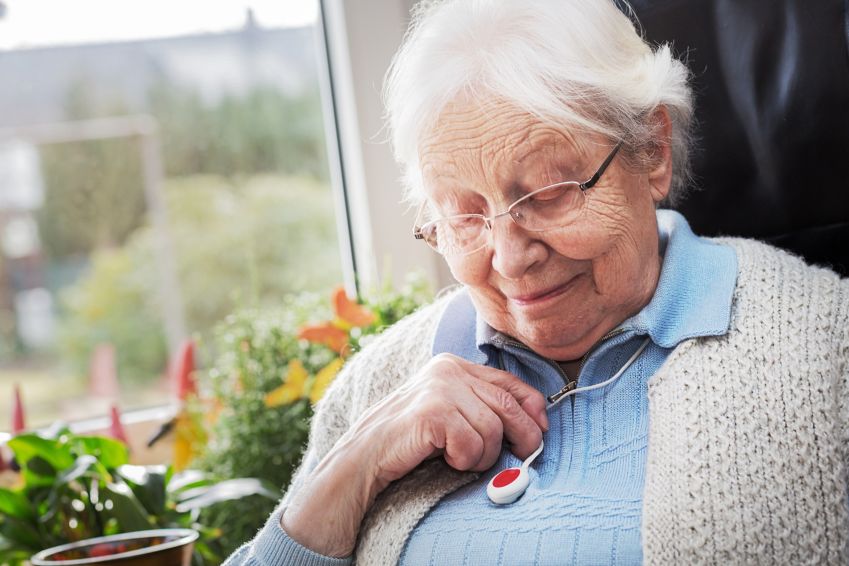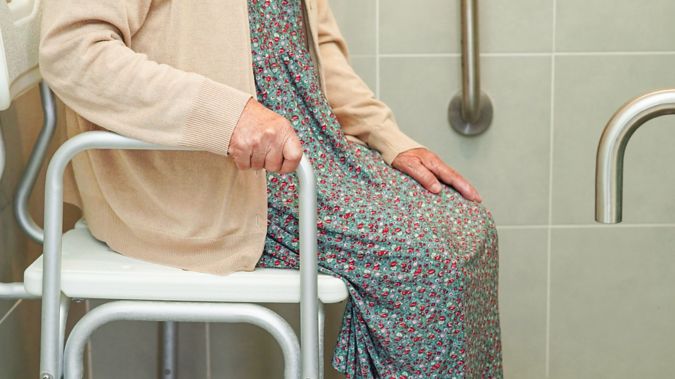Medical alert systems monitor vulnerable loved ones in case of an emergency. Instead of relying on your loved one to call 911, a medical alert system can immediately alert caregivers and the necessary medical personnel. They are also referred to as personal emergency response systems (PERS) or medical emergency response system (MERS).
Medical alert systems can take many forms, including smartwatches, in-home assistants and 2 communication systems.
With a medical alert system, elderly adults can maintain their independence. Relatives can also feel comfortable and have a sense of security with this decision.
Unfortunately, Medicare does not cover medical alert systems. However, there are other ways to get help paying for them.1



